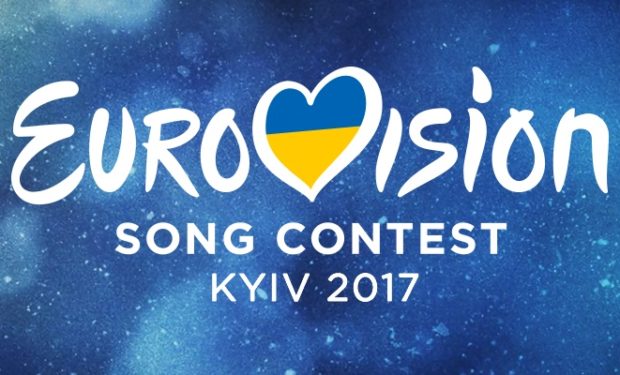Get the sequins out of the closet and brush up on your Eurotrash talk, because this is Eurovision Song Contest Week. The annual kitschy celebration of European music (also Australian and Israeli music for some reason) gets underway on Tuesday in Kiev, Ukraine. Singers from 42 countries will compete, each no doubt bringing something … special to the proceedings. For the uninitiated, the Eurovision Song Contest is sort of like the Platonic ideal of every dreadful talent show under the sun, combining the cheesy crooniness of American Idol, the tawdry glamour of Miss Universe, and the outré thrill of a cabaret in Weimar Berlin, with the camp factor dialed up to 11 and filtered through the prism of bitchy reality TV. It was originally conceived as a way to bring the continent together after the trauma of World War II, but like a lot of things in Europe, there is often melodrama and tears. Imagine a furious debate in the European Parliament over milk quotas, or a bloody Balkan siege, but with more glitter and feathers, and you have some idea why it is addictive car crash viewing.
This year’s contest is already mired in controversy, with Ukraine barring the Russian entry, Yulia Samoylova for reasons that have nothing to do with singing and everything to do with politics: Samoylova performed in Crimea without asking Ukraine’s permission to enter the region, which was annexed by Russia in 2014. In retaliation, Russia is boycotting the song contest completely, rejecting an offer to allow Samoylova to participate by satellite from Moscow, as well as accusing Ukraine of not abiding by the Eurovision’s slogan, Celebrate Diversity — Samoylova is disabled. Expressing disappointment at the situation, Eurovision chair Franz Dieter Freiling says “our top priority remains to produce a spectacular Eurovision song contest in May.” And by spectacular, he really means SPECTACULAR! (see below!)
